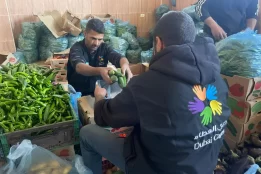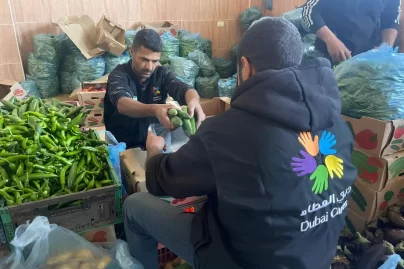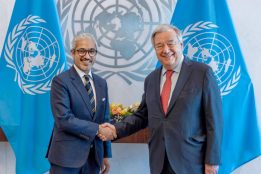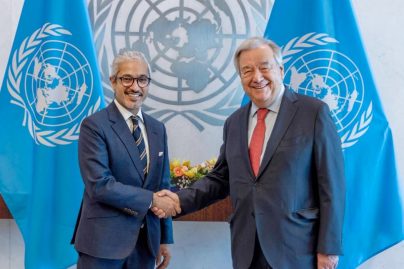Couscous receives UNESCO status for its flavourful, well-steeped history
Thu 17 Dec 2020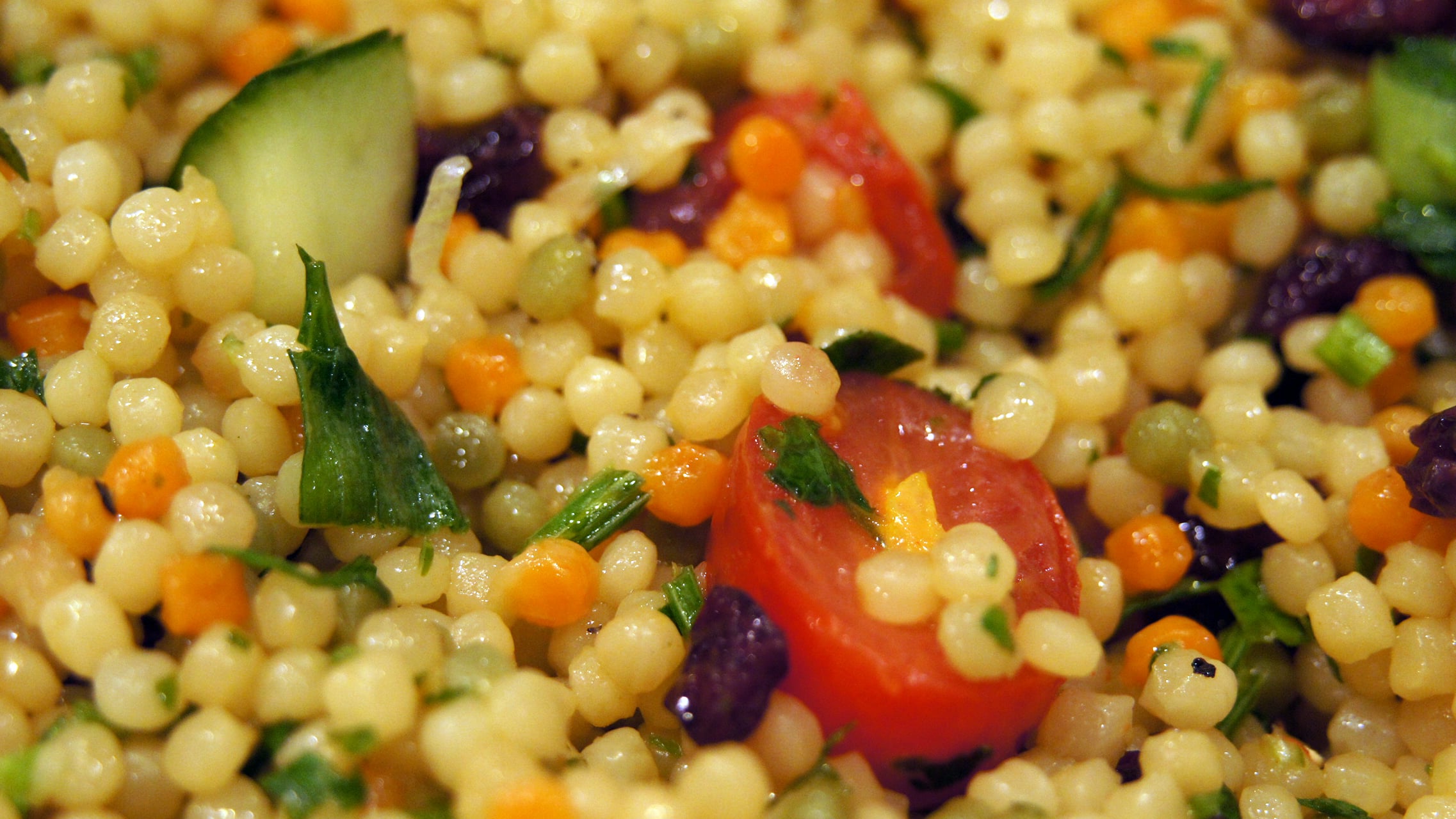
Couscous, the almost quinoa-like Berber dish consumed with great relish across the Northwest Africa’s Maghreb region, joined the UN list of the world’s intangible cultural heritage Wednesday.
Algeria, Morocco, Tunisia and Mauritania were among the countries that submitted the listing to UNESCO, united by their appetite for the Durum grain.
“Couscous, present at every social or cultural event, is at once ordinary and special,” their joint presentation argued.
“Ordinary because of the frequency of its use in a family setting, and special because of the unifying and propitiatory role it plays at convivial community occasions at which food is shared.”
Bland on its own, couscous is generally served with meat or fish, spicy stews, chickpeas and vegetables in a mouth-watering variety of dishes.
Across the region, the dish — also known as Seksu, Kusksi and Kseksu — is as elementary as rice or noodles are to Asian cuisine, the staple without which no meal is complete.
Arabic dictionaries have documented “Kuskusi” since the 19th century, though its prevalence is thought to be far older.
The regional pride in couscous found full expression in the countries’ joint nomination for the “knowledge, know-how and practices pertaining to the production and consumption of couscous”.
In an often fractious region, there were hopes the joint bid would strengthen a sense of common identity.
“Women and men, young and old, sedentary and nomadic, from rural or urban communities or from immigrant backgrounds all identify with this element,” it gushed.
“The ethos of couscous is the expression of community life.”
Couscous is prepared from wheat or barley, and sometimes from maize, millet or sorghum, which is ground into semolina.
This is rolled into pellets which are sieved and later soaked and repeatedly steamed.



“Women, in particular, play a fundamental role in the preparation and consumption of the dish, and in practising and preserving the related symbolic value systems,” said the paper.
The girls learn not only the techniques, but also “the songs, gestures, characteristic oral expressions and ritual organisation” that go along with the process.
After Algeria four years ago sparked the ire of regional rival Morocco by planning its own couscous nomination, the 2020 bid was a cross-Maghreb initiative.
Thursday saw several cultural landmarks receive the ‘intangible heritage’ status, including ‘camel racing’, a traditional sport enjoyed by the United Arab Emirates and Oman and China’s ‘taijiquan’, a physical practice to promote mental well-being.
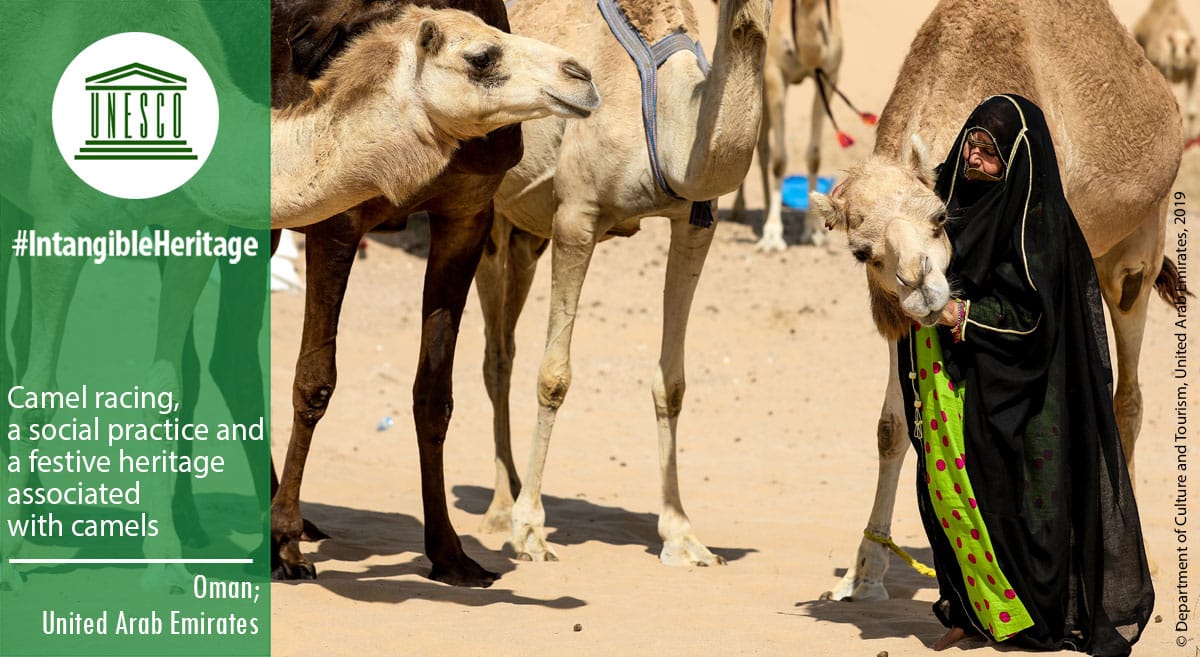
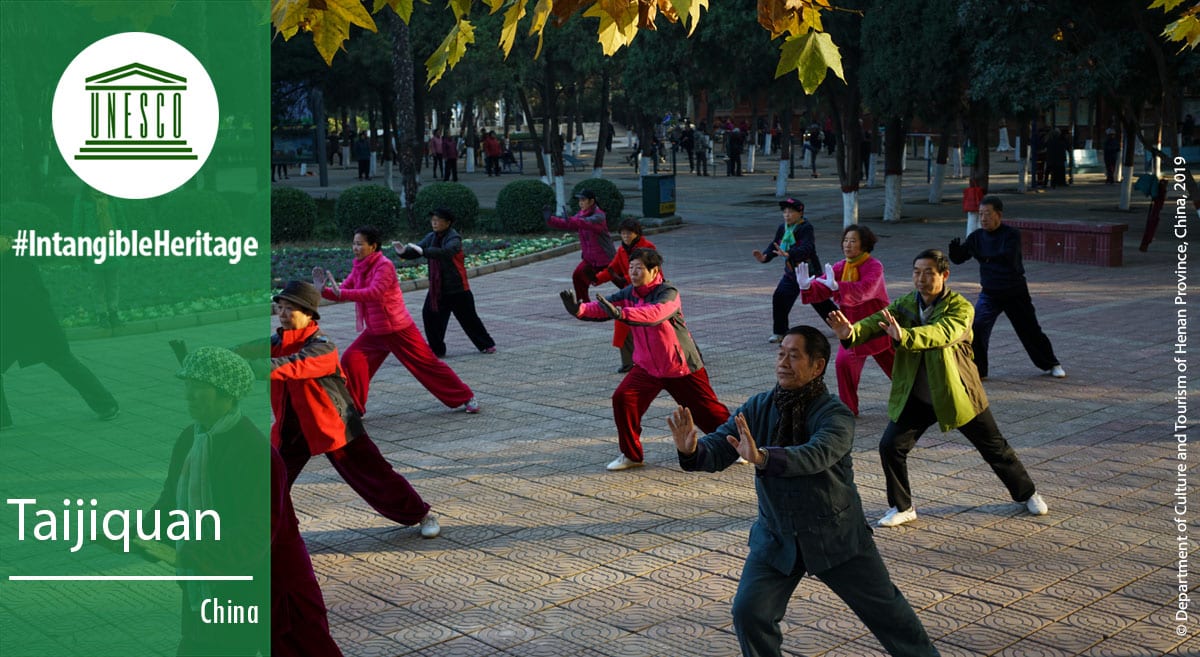
On the environmental front, the deeply rooted ceremony of Ong Chun — also called Wangchuan, or Wangkang — received the status for bridging a sustainable connection ‘between man and the ocean.’
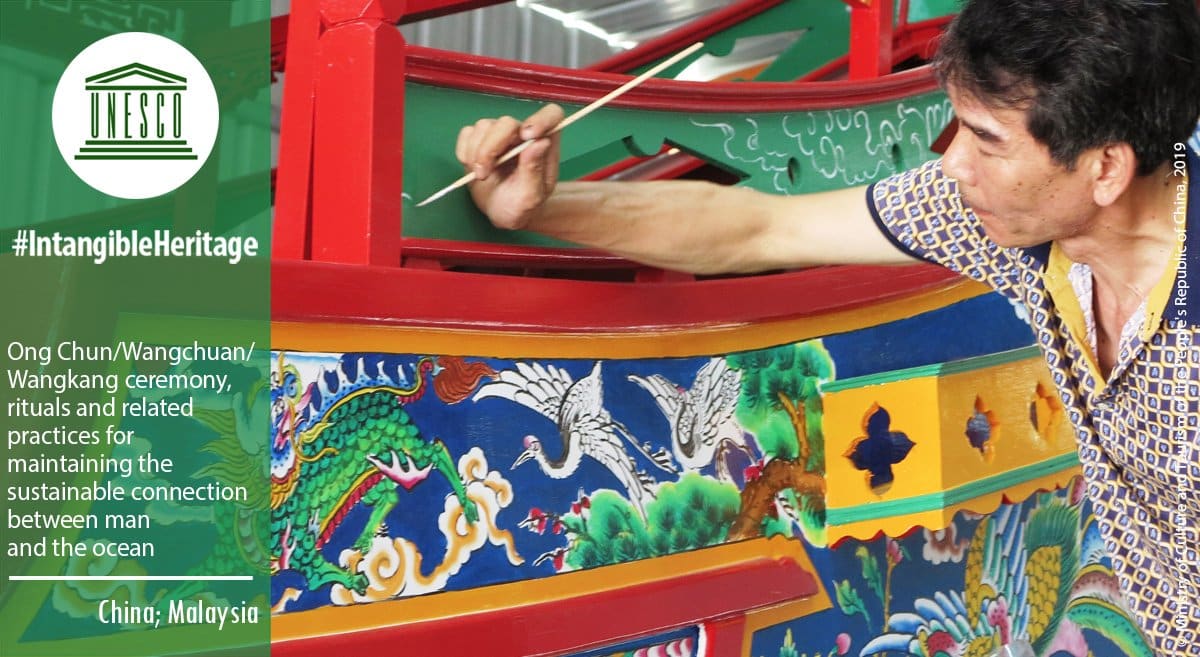
[Sourced from Agencies]

 Apr 18 2024
Apr 18 2024
